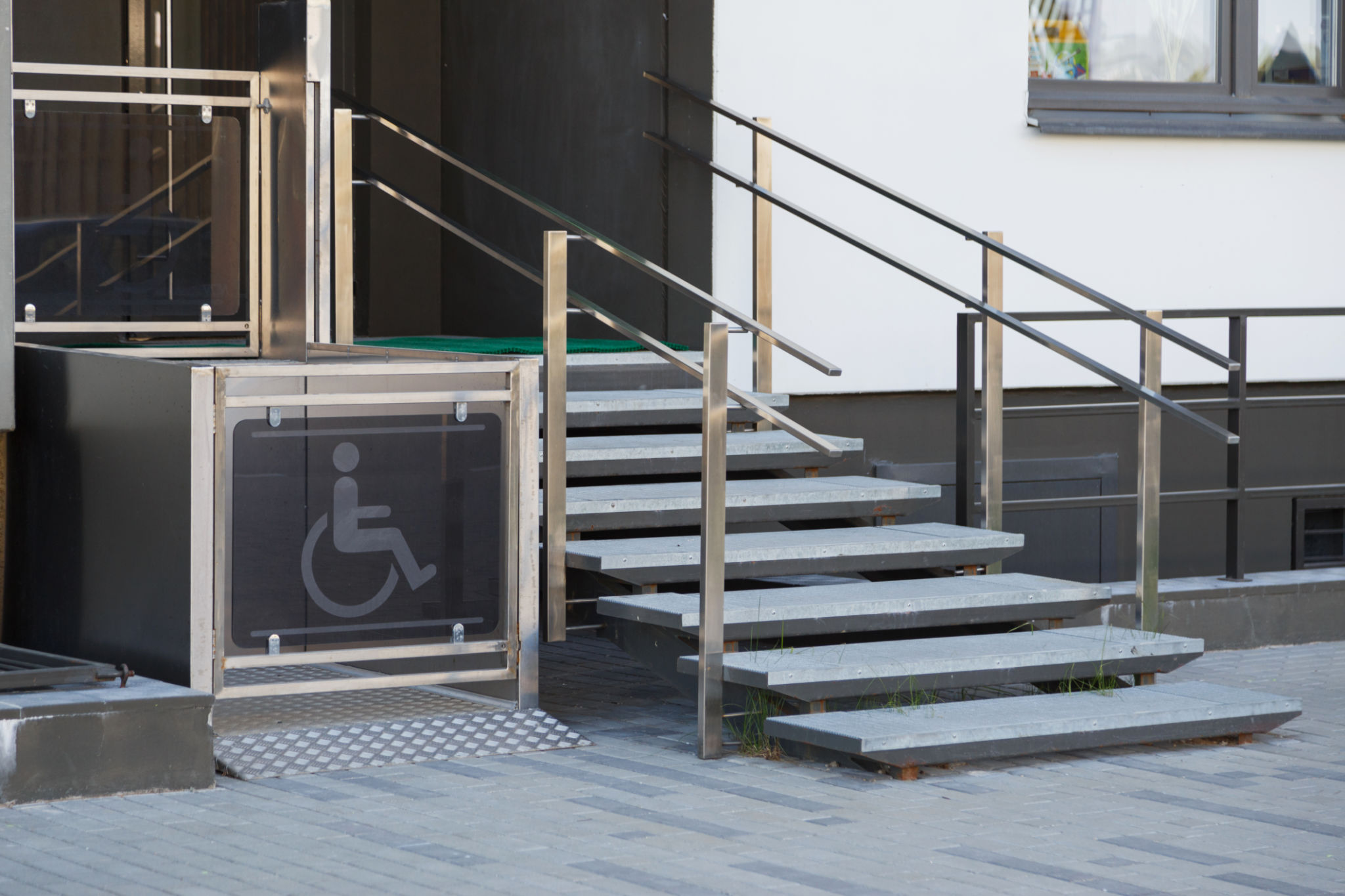Understanding Specialist Disability Accommodation: A Comprehensive Guide
Introduction to Specialist Disability Accommodation (SDA)
Specialist Disability Accommodation (SDA) is a critical component of the National Disability Insurance Scheme (NDIS) in Australia. It provides housing solutions tailored to the needs of individuals with significant functional impairments or high support needs. Understanding SDA is essential for those looking to secure appropriate living arrangements for themselves or their loved ones.
For many, SDA offers the opportunity to live independently while receiving the necessary support in a safe and comfortable environment. It is important to note that SDA is not just about providing a roof over one's head but ensuring that the accommodation is specifically designed to cater to unique needs.

Who Qualifies for SDA?
Not everyone with a disability will qualify for SDA. The eligibility criteria are stringent, focusing on individuals with extreme functional impairments or those requiring high levels of personal support. Participants must be assessed and approved by the NDIS based on their specific circumstances.
The assessment considers various factors, including the level of support required, the individual's goals and aspirations, and their current living situation. It is crucial for participants and their families to engage with NDIS planners and support coordinators to navigate this process effectively.
The Role of NDIS in SDA
The NDIS plays a pivotal role in facilitating access to SDA by funding eligible participants. This funding ensures that participants can afford suitable housing that meets their needs. Additionally, the NDIS encourages innovative housing solutions that promote independence and community integration.

Types of Specialist Disability Accommodation
SDA comes in various forms, each designed to cater to different levels of need and personal preferences. The main types include:
- Basic Housing: Offering standard accommodation with necessary modifications.
- Improved Liveability: Designed for individuals with sensory, intellectual, or cognitive impairments.
- Robust Housing: Built to withstand challenging behaviors and provide a safe environment.
- Fully Accessible: Equipped with accessible features for those with significant physical impairments.
- High Physical Support: Incorporates features like ceiling hoists and emergency power solutions for high support needs.

The Importance of Location
Choosing the right location for SDA is just as important as the type of accommodation. Proximity to support networks, healthcare services, public transport, and community amenities can significantly enhance the quality of life for individuals with disabilities.
Families and participants should consider factors such as neighborhood safety, accessibility, and the availability of recreational activities when selecting a location. Engaging with local support groups and community organizations can also provide valuable insights into the best areas for SDA.
Challenges and Considerations
While SDA provides numerous benefits, there are challenges and considerations to keep in mind. The application process can be complex, requiring detailed documentation and assessments. Additionally, demand for SDA often exceeds supply, leading to waiting periods for suitable accommodations.

Conclusion
Understanding Specialist Disability Accommodation is vital for individuals seeking suitable housing solutions under the NDIS. By exploring the different types of accommodation available, working closely with NDIS planners, and considering factors like location, families can find the best possible living arrangements for their loved ones.
SDA not only offers a pathway to independence but also ensures that individuals with disabilities can live fulfilling lives within their communities. With careful planning and support, SDA can be a transformative experience for all involved.